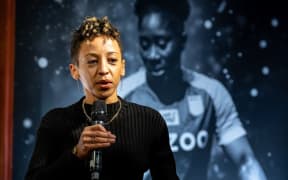Saturday Morning for Saturday 15 April 2023
8:10 The Wagner Group: doing Russia’s dirty work in Africa

Photo: Twitter @juliastanyard
A shadowy Russian private military company has been increasingly making its presence felt in Africa.
The Wagner Group, often dubbed Putin's private army, has been involved in conflicts in Libya, Sudan, and the Central African Republic. They stand accused of committing human rights abuses and supporting authoritarian regimes.
This is in addition to the company having an estimated 50,000 troops fighting on the Russian side in Ukraine.
Julia Stanyard, a senior analyst with the non-government organisation Global Initiative Against Transnational Organised Crime has co-authored a report shedding light on the group.

Members of Wagner Group stand outside new its new headquarters in St Petersburg in military camouflage, on November 4, 2022. Photo: AFP/ Olga Maltseva
8:30 William Sitwell: dishing up the history of dining out
Top British food writer, restaurant critic and long-time acerbic Masterchef judge William Sitwell takes a trip through gastronomic history in his book The Restaurant - A History of Eating Out.
From the ancient tables of Pompeii to the five star Michelin restaurants of today, he celebrates our love of dining out.
Sitwell, who is the great nephew of poet Edith, is also known for his supper clubs and hosts a podcast called Biting Talk.
He is in New Zealand next month for the Auckland Writers' Festival.

Photo: Simon & Schuster
9:05 Sarah Gregorius: fighting for equality for female footballers

Sarah Gregorius Photo: supplied
This week a celebration was held to mark 100 days until the FIFA Women's World Football Cup kicks off across New Zealand and Australia. If this was the Men's World Cup, would there be more fuss? Inevitably.
Women players have been fighting hard for equal pay and recognition. Last month FIFA announced a tripling of prize money this year for Women’s World Cup teams and committed to equal World Cup prize pots with men by 2026.
Former New Zealand striker Sarah Gregorius says it’s a step in the right direction. She’s now the Director of Global Policy & Strategic Relations with the players’ union FIFPRO in Amsterdam and has been a strong parity advocate for the women’s game in New Zealand and on the world stage.
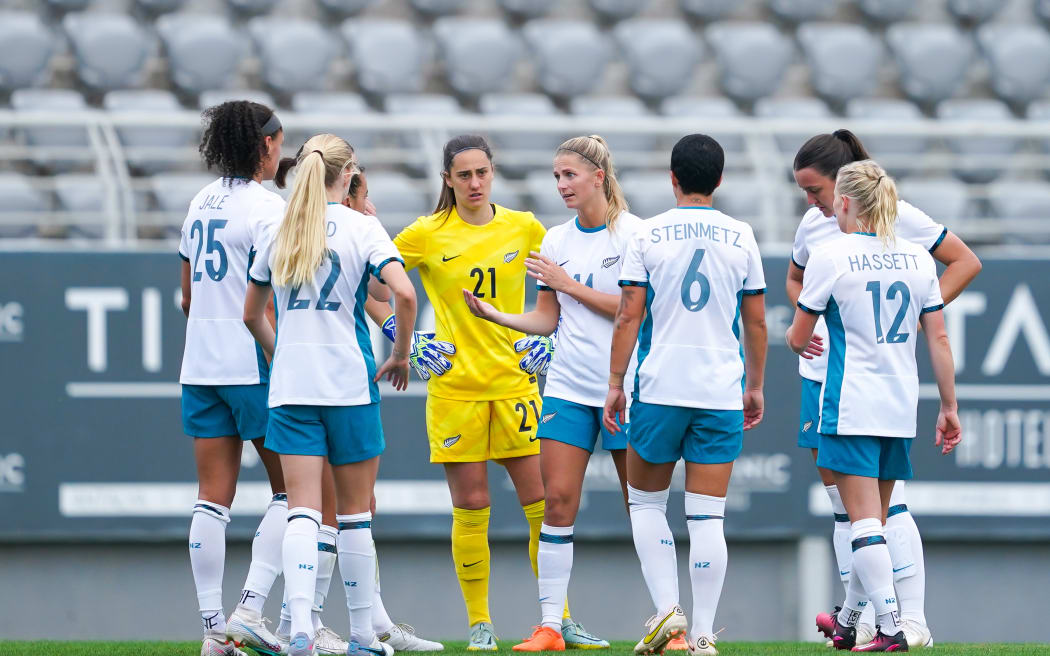
Photo: PHOTOSPORT
9:30 Josh Baker: how a London school girl ended up an ISIS bride

Photo: @joshbakerstory
In 2015, three British school girls went missing from their London homes, and headed to Syria to join Islamic State. For years their fate was unknown, but after the collapse of the IS caliphate, one of the girls Shamima Begum was sensationally discovered in a camp for IS women and children.
Begum came to be seen as a poster girl for terrorism and in 2019 Britain revoked her citizenship - a decision which continues to divide public and political opinion.
Investigative BBC journalist Josh Baker travelled to Syria to meet Begum, and traces her journey from London teenager to IS bride in his gripping podcast I’m Not a Monster - the Shamima Begum Story.
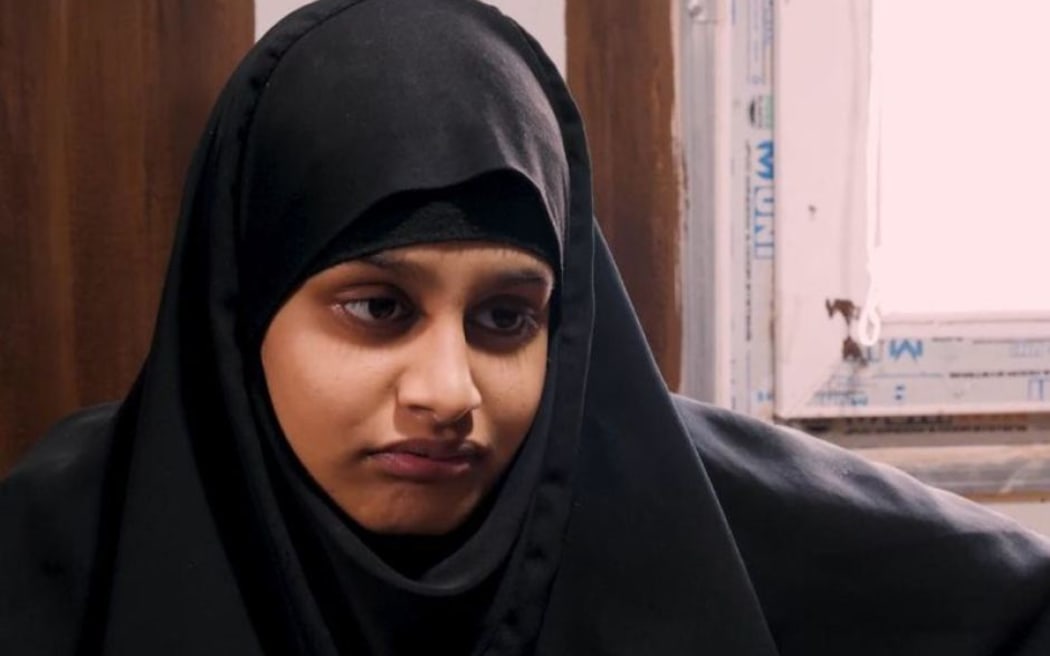
Shamima Begum Photo: ABC
10:05 Claire Dederer: admiring the art of monstrous men
You love their work, but are seriously disturbed by what you’ve learnt about the person - can you separate an artist's work from their personal life?
It's a question explored by New York Times writer, essayist and critic Claire Dederer in her book Monsters: A Fan's Dilemma. In the collection of essays Dederer discusses the link between genius and monstrosity in the age of #MeToo.
Dederer talks personally about her own dilemmas in admiring problematic artists such as Hemingway, Polanski and Picasso, and how best to navigate the uncomfortable collision of art, ethics and personal values.

Claire Dederer Photo: supplied / Hachette
11:05 Michele Leggott: celebrating unsung 1860’s Taranaki artist Emily Harris
Last week we spoke to Michele Leggott about her experiences with non-Hodgkin's lymphoma.
What we didn’t get to talk about was the book and research work Leggott has been working on over this time: her just-released book, Face to the Sky, and the 19th-century New Zealand botanical artist Emily Cumming Harris, which research has recently revealed was also a poet.
Harris sheds light on the situation for settler women under military protection in Taranaki .
Face to the Sky is Leggott's eleventh collection of poetry. She's a former New Zealand Poet Laureate, co-founder of the New Zealand Electronic Poetry Centre, and a recipient of the Prime Minister's Award for Literary Achievement in Poetry.
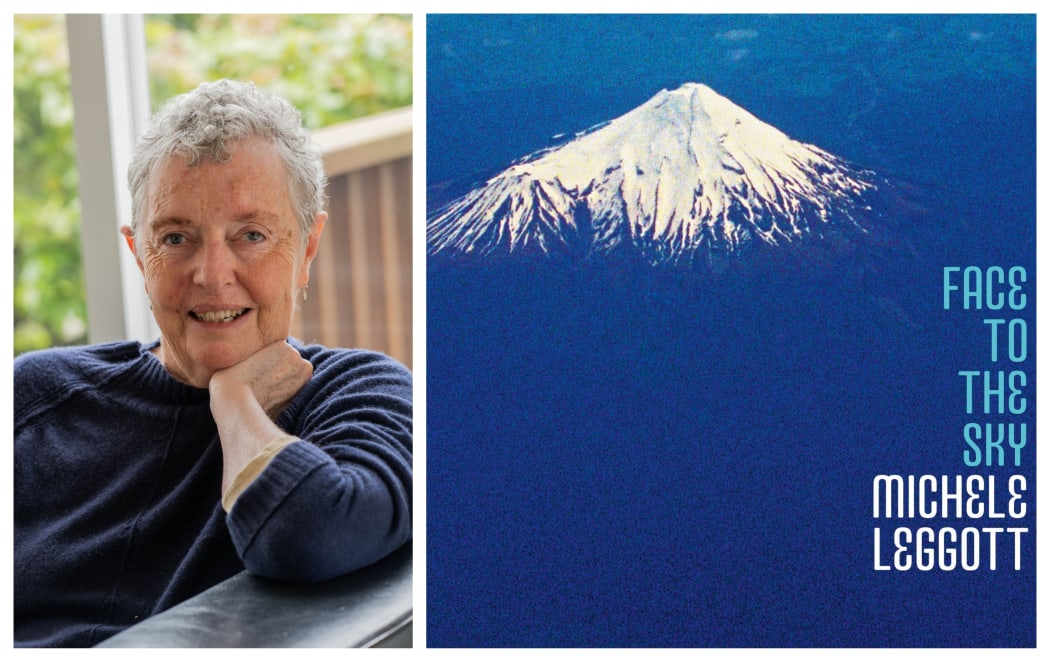
Michele Leggott Photo: supplied
11:40 Matt Baker: beat bopping rats and feathered dinosaurs

Matt Baker Photo: supplied
Sydney-based New Zealander Dr Matt Baker returns for a chat about some of the latest science news.
This week: can rats ‘bop their heads’ to a beat, why pedestrians crossing the road naturally form ‘lanes’ and we celebrate the 25th anniversary of dinosaurs being known to have feathers.
Dr Baker is Scientia Associate Professor in the School of Biotechnology and Biomolecular Science at the University of New South Wales in Sydney.
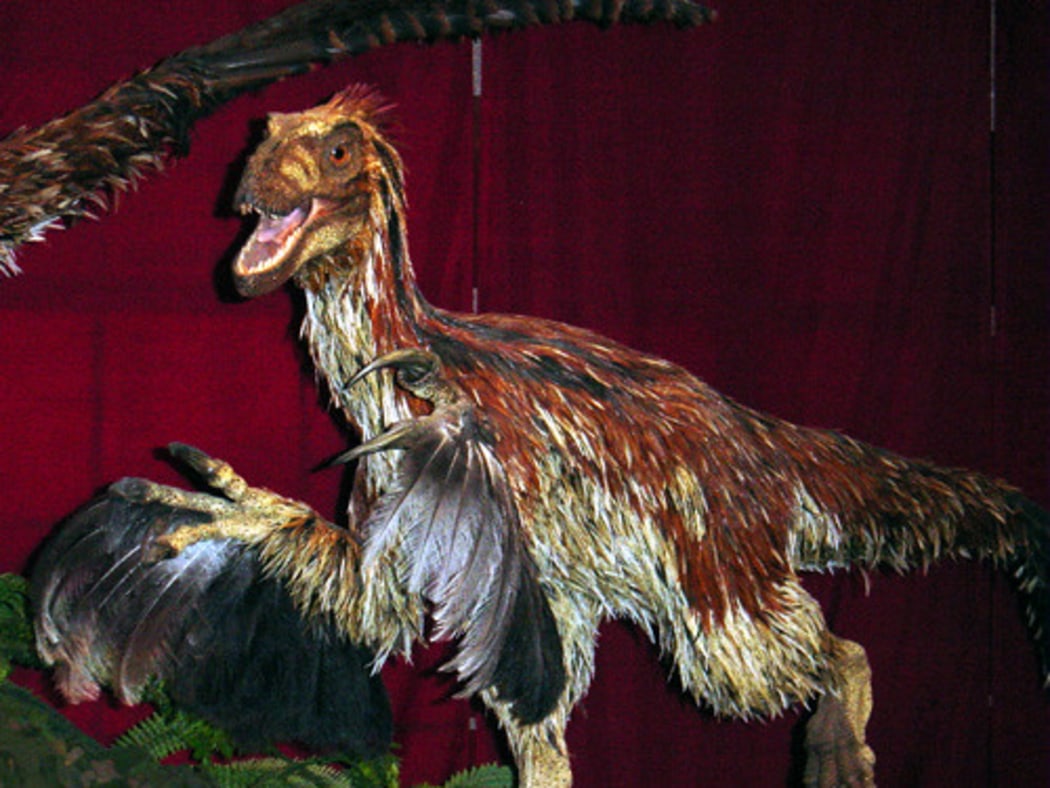
Photo:
Books mentioned in this show
The Restaurant: A 2,000-Year History of Dining Out
By William Sitwell
ISBN: 1635766990
Published by Diversion Books
Monsters: A Fan's Dilemma
by Claire Dederer
ISBN: 9781399715041
Published by Hachette
Face to the Sky
By Michele Leggott
ISBN: 9781776711031
Published by Auckland University Press
Music featured in this show
Up Song
Black Country New Road
(11:10am)
Pablo Picasso
Jonathan Richman
(10:55am)
Beat It
Michael Jackson
(10:07am)
Radio
Margo Price
(9:42am)


